The comprehensive report, "Rooted in Resilience: A New Vision for Woody Biomass Management in Larimer County", has been finalized. This report is the culminating deliverable of the woody biomass study and strategy project. A Project Synopsis is also available as a summary of the project and final report.
This dashboard serves an interactive tool that provides an estimate of woody biomass across Larimer County.
Woody biomass, in this context, is defined as the by-product of forest management, restoration, and hazardous fuel reduction treatments, as well as the product of disasters, including trees and woody plants (limbs, tops, needles, leaves, and other woody parts, grown in a forest, woodland, rangeland, or urban/community environment).
Forest management and wildfire mitigation treatments are conducted for various reasons, to include the reduction of risk and mitigation of the wildfire hazard. The volume of woody biomass generated through these treatments can sometimes hamper the ability to perform these treatment efforts, impacting the efficiency and effectiveness of this work, especially when this work occurs at an increased pace and scale.
Woody Biomass Research
Larimer County has partnered with a consulting organization to research the challenges with woody biomass and to produce a report that provides a nuanced understanding of the challenge locally, identifies potential solutions and offers an actionable strategy for local implementation in Larimer County moving forward.
Throughout the duration of the project we will measure, analyze and evaluate the liability biomass challenge and potential solutions, utilizing a comprehensive evaluation framework. The project began in April 2024, and our aim is to complete a detailed report with identified action strategies within a year.
View the project kick-off presentation.
Evaluation Framework
01 - Effectiveness
- How much wood biomass is used/disposed (volume, weight, etc)?
- How much biomass does this particular utilization/disposal solution effect?
02 - Impact on Public Good
- What is the direct & indirect carbon sequestration potential and/or emissions generated?
- What are the co-benefits to climate, wildfire mitigation, forest health, local economy, & potential to engage underserved communities?
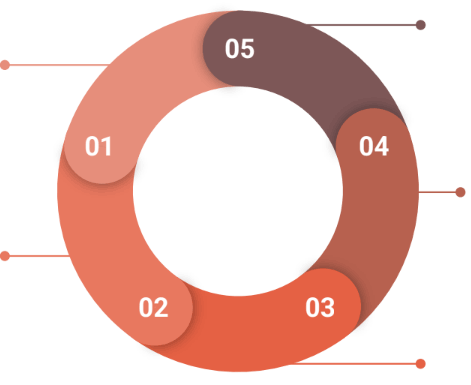
05 - Efficiency
- What is the estimated return on investment (ROI) at a product level?
- What is the high-level estimated range of capital investment required?
04 - Scalability
- At what scale does this solution best fit (i.e. individual project, neighborhood, county-wide, beyond county borders)?
- What are current & potential market demands for end use products?
03 - Readiness
- Is this a near- or long-term solution?
- What are potential implementation challenges (i.e. cost, logistics, regulatory requirements, permitting, policy barriers, etc.)?
Stakeholder Engagement
To complete this work, we will be engaging with stakeholders involved with local, regional and statewide forestry, fire planning, biomass management and workforce & economic development initiatives. In addition, we will attempt to gain insights from industry partners, woody biomass processors, and our local community members. Each person has an important role in understanding the ecosystem and building solutions to further the County’s goals to support wildfire mitigation, forest and watershed health, climate resilience, and the ability of our natural systems to store carbon.
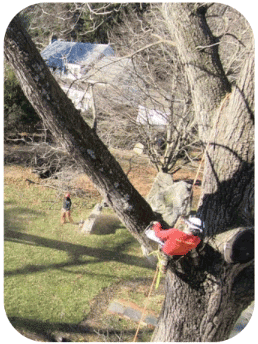
Wood Generators
e.g., government crews, forest managers, arborist and tree care companies
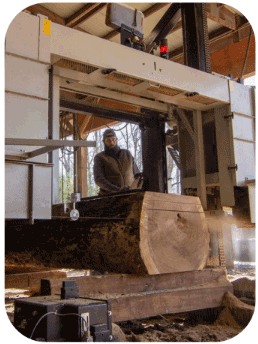
Wood Processors
e.g., sawmills, organics recycling, composting, bioenergy, biochar, etc.
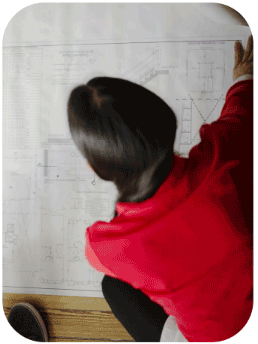
Wood Product Buyers
e.g., private companies, local residents, organizational procurement, agricultural users
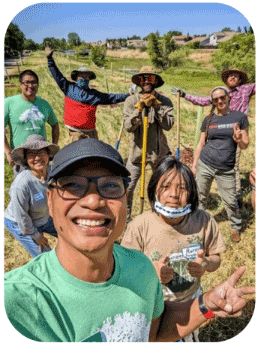
Community Groups
e.g., communities, nonprofits, workforce development specialists
Connect With Us
If you are a private organization, government partner, non-profit, community group representative, or anyone else that would like to be part of the conversation - join our project stakeholders list for project communications by completing this form.
